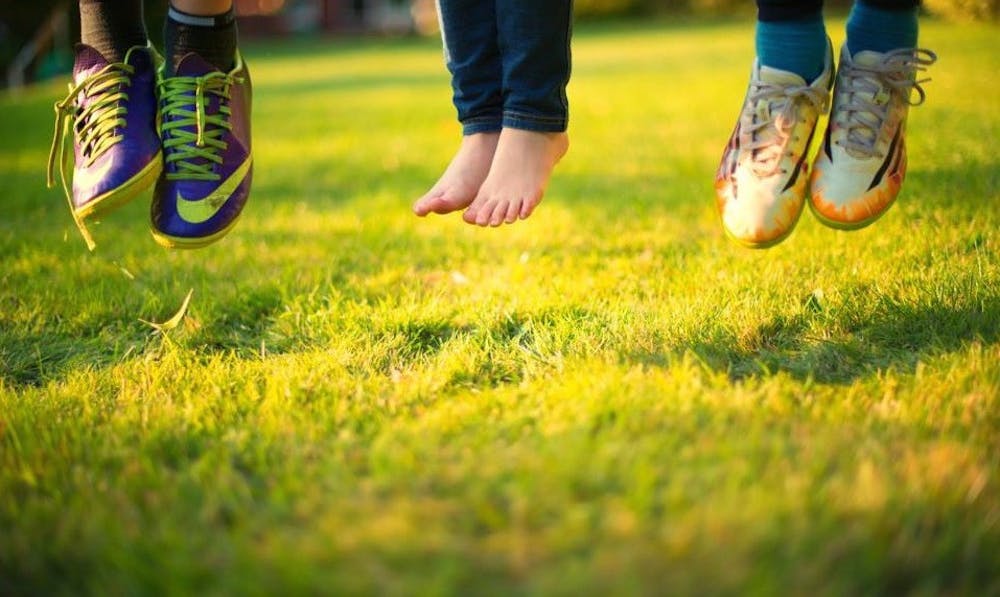But that’s not really what it means. This transformation, if you will — this teasing — is not by its very nature “fun.”
When I was in fourth grade, girls in my class began making fun of me because I was sensitive. At that point, my former third-grade best friend had become more popular than myself and consequently ditched our usual playground chats for the “cooler kid” activity: kickball.
One day I confronted her about my mushy little feelings, explaining that it felt sucky to be left alone on the turf with no best friend in sight. My feelings-confessional would have gone entirely as planned, except I’d made the mistake of telling her in the close hearing proximity of her two new “cool” friends who thought this was the perfect opportunity to butt in.
“Lily oh my god,” they’d said, “you’re so sensitive!” Then one of the girls rubbed dust from under the table onto my pants.
I cringed and, thinking it was the perfect elementary-school opportunity for social justice, defiantly told her, “Don’t do that to me, please. Imagine how you’d feel if someone put dust on your pants.”
The two girls found this utterly amusing. “Oh my god you’re so sensitive!” they said and proceeded to continually wipe dust from under the nasty, unloved elementary school table onto my corduroy pants. They were thrilled. I was mortified.
Yes, I recognize that out of context this probably sounds relatively trivial. And I laugh while looking back because a) why did I care so much about dust on my pants when I fully understood the power of washing machines? and b) why on Earth did I think corduroy was cool?
But no matter how stupid and silly it all seems to me now, I can honestly assure you that it was a traumatizing moment. I felt weak and small and unwanted. I was being “made fun of,” but it wasn’t fun at all.
This was over a decade ago, and luckily I’ve grown and matured a lot since then. I no longer hang out with people who would so casually ditch me on the playground. I no longer really care about dust on my pant legs. I no longer think corduroy is cool. But despite all that, in many ways I still feel traces left within me of the little girl whose eyes welled up with hot and shameful tears when her former best friend joined in on the terrible thing I’d learned was called “being made fun of.”
When I got to college I learned that teasing is an essential part of life. I learned that best friends tease because they know each other completely and know that beneath the teasing is a sincere love that runs deeper than any little flaw. I’ve learned that teasing often means closeness; Teasing means trust. I’ve learned that people who really love you will love you equally for everything you’re proud of and everything you’re ashamed of.
I’ve learned all that, and I’ve gotten used to the teasing. I’ve become skilled in sarcasm, witty banter and clever inside jokes between friends.
In many ways I’ve settled into the routine of something that made me uncomfortable in the past; I’ve grown a thick skin, and I’m proud of myself for that.
But though I don’t like to admit it, sometimes I still feel pangs of sensitivity underneath it all. Sometimes fourth-grade me bubbles to the surface, armed with a soft heart and a fondness for compliments over comebacks.
And though it’s a little embarrassing and a little odd, sometimes I ask for the compliment. Because if you ask me people these days are much too fond of making fun of each other. Sometimes it’s just as good, if not better, to stick with simple fun.


















